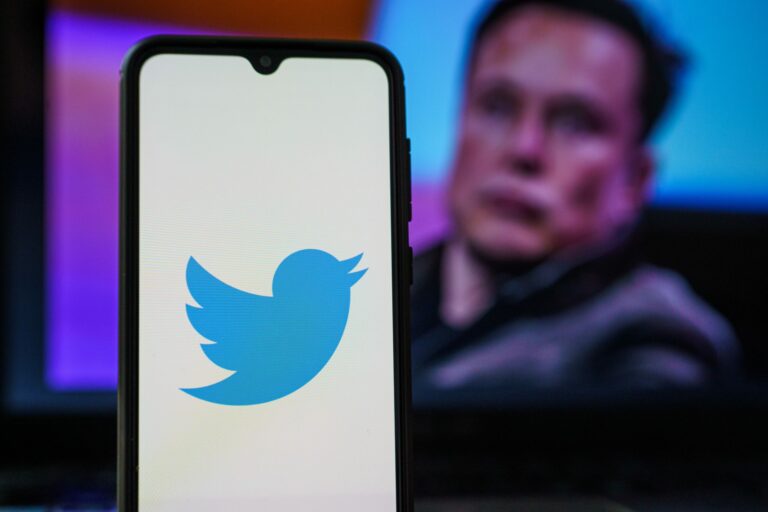Microsoft’s advertising platform is discontinuing support for Twitter. Users will no longer be able to tweet through Microsoft Smart Campaigns from April 25. It appears the tech giant has no desire to pay at least $42,000 per month for access to the Twitter API. Why don’t they?
Two weeks ago, many websites ran into trouble when Twitter shut down its free APIs. In a move unexpected by many, companies now have to pay a significant e The monthly cost for the most high-end Enterprise subscription is $210,000. Beyond the means of smaller players, to be sure. Nevertheless, the number would represent a mere rounding error on Microsoft’s budget. However, the Redmond-based company is in no mood to pay up, and it’s cutting support for Twitter out of its tools altogether. At first glance, this seems like a significant loss of value to Smart Campaigns’ feature set. After all, Twitter has 450 million monthly users and is a communication platform for countless businesses, governments and celebrities. So why is Microsoft discontinuing its support?
Image
In the end, advertising is all about one thing: image. Especially when it comes to online ads, it is important to attract positive attention in every conceivable place. It is therefore extremely unattractive to withdraw from a given platform. Then again, Twitter has been facing a PR disaster ever since Musk’s October 2022 acquisition. The alleged breakdown of content moderation is seen by many as the main perpetrator behind the ignominy. Abusive and hateful tweets are said to be appearing in many common users’ feeds. More than enough cause for concern for the EU, which asked Twitter to hire more human moderators. For advertisers, the idea of their marketing popping up next to unwanted content is extremely unappealing. The potential for damage to a company’s public image has already driven at least some prominent organizations off the platform.
Microsoft’s action seems to be mostly symbolic. Major platforms such as Facebook, Instagram and its own LinkedIn will continue to be used for ad campaigns through Microsoft Smart Campaigns. And so the ways part between two tech giants. At least, if it is up to Microsoft. Musk threatened a lawsuit by way of tweet reply. The allegation: Microsoft allegedly made illegal use of Twitter’s user data for training. Musk does not go into more details, but one can guess what he is referring to. Indeed, the dataset behind OpenAI’s ChatGPT allegedly contains Twitter content.
Make no demands
On April 18, Musk entered the stage of a conference to reassure advertisers. High on the list is freedom of speech, which the tech tycoon said has few restrictions. Therefore, he asked advertisers to continue supporting the platform or return, but: make no demands. “It’s not cool to say what Twitter should do,” he said.
Musk’s attitude is clear. So is that of advertisers, however. Research by Vox in late March found that more than half of the top 1,000 advertisers had walked away from Twitter. Only six of the top 10 are still there. The company’s revenue was down 40 percent earlier this year. Advertisers say they are concerned about the transformation that has taken place under Musk, with one individual expressing fears that Twitter was becoming a “free-for-all hellscape.”
Endgame
Microsoft is therefore far from being the only one to take its hands off Twitter. Still, it appears that it was waiting for an excuse. Without a backlash from Redmond, the new payment service would have made the Twitter API unusable on Microsoft’s advertising platform.
Although we are talking about giant multi-faceted companies here, it should not be overstated how important ads are to Microsoft. Only 6 percent of its 2022 annual revenue was created through ad revenue. Where Google made $153 billion converted from ads and Meta made $102 billion, Microsoft’s accounts were only awarded a paltry $11 billion. These remain huge numbers that the company has no desire to miss out on, but as a major player in the tech industry, it is striking that it falls an order of magnitude behind a competitor like Google in this arena.
Distraction
So what are we to make of Musk’s allegations? Did Microsoft act illegally by using Twitter data to train OpenAI’s AI model? As relevant as that discussion is today, it seems no more than a lightning rod. EU regulators are cracking down on generative AI in general and ChatGPT in particular. Using other people’s data to train AI is questionable at best. Yet that is a completely different issue compared to Microsoft’s choice to move away from Twitter ads. Musk will have to come up with evidence before making assumptions about Twitter users’ data.
Microsoft has a good excuse to break off its partnership with Twitter. The new API service simply allows the company to take the necessary measures and forgo an Enterprise subscription. Musk’s allegations must be made concrete if the world is to take them seriously, and come across as nothing but distraction.
